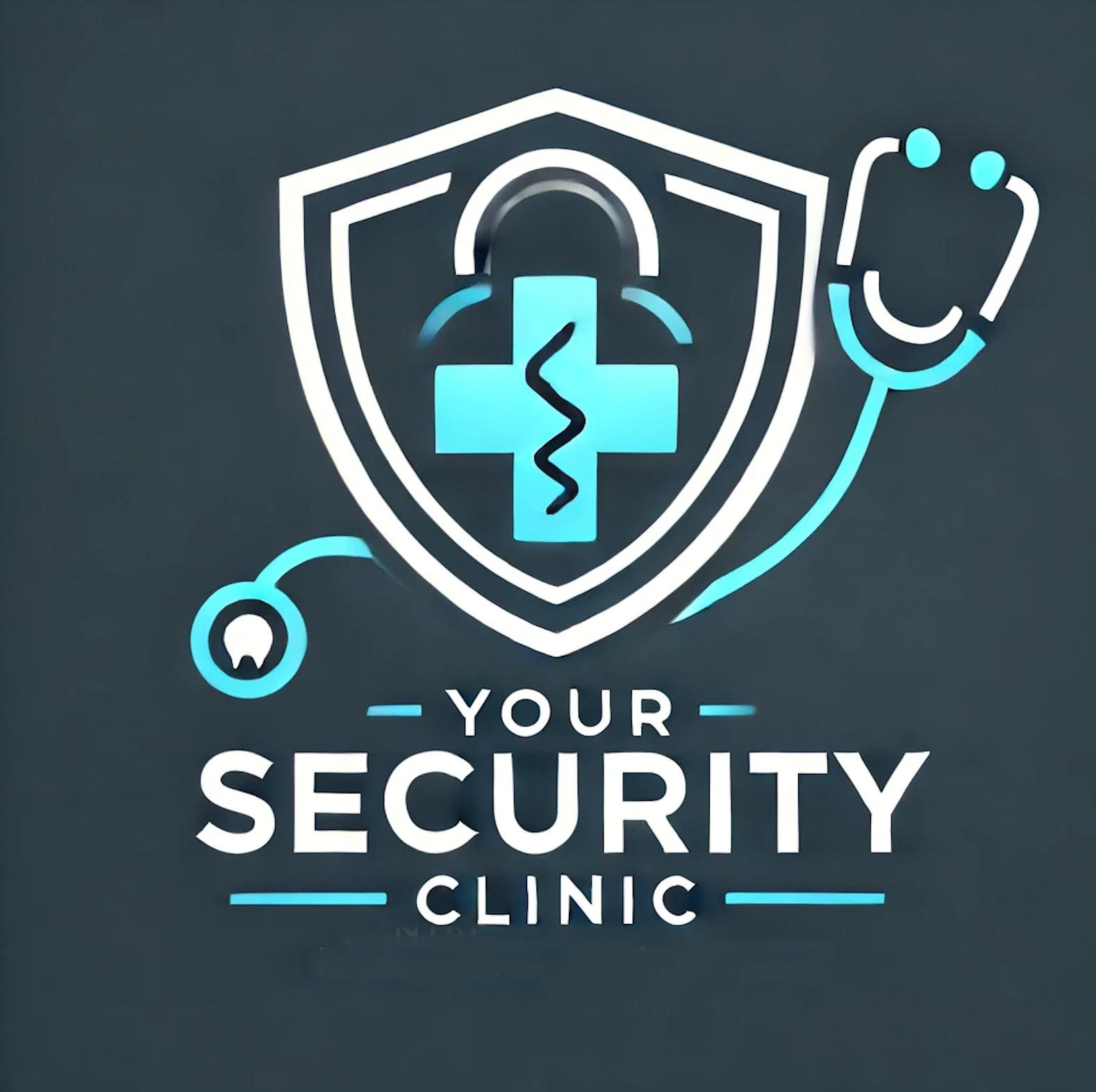January 18, 2024
Imagine this: you walk into your trusted local clinic for a routine checkup. But instead of friendly faces and calming music, you’re greeted by chaos. News has just broken that a data breach at a third-party vendor exposed the personal information of thousands of patients, including you. Suddenly, your medical history, medications, and even financial details feel vulnerable, leaving you both worried and frustrated.
This, unfortunately, is the increasingly common reality in healthcare. While we focus on patient care, our data security often hinges on external vendors who handle everything from billing to lab testing. And when these vendors get hit by cyberattacks, our clinics and our patients feel the fallout.
Why Healthcare Gets Hit Hard:
Healthcare data is like gold to cybercriminals. It’s a treasure trove of personal information, including Social Security numbers, medical diagnoses, and even financial details. This makes healthcare organizations and their vendors prime targets for attacks.
The Scope of the Problem:
In 2022, almost 63 third-party vendor breaches impacted healthcare organizations, affecting almost 300 data breach victims. Each breach on average impacted 4.73 companies, highlighting the ripple effect these attacks can have. This represents a worrying trend, with third-party breaches causing more and more damage in the healthcare sector.
The Human Cost:
It’s not just numbers – data breaches have real-life consequences for patients. Stolen medical records can be used for identity theft, insurance fraud, and even blackmail. Patients whose information is exposed face anxiety, financial losses, and the long-term burden of monitoring their online presence for signs of misuse.
How Can We Protect Ourselves?
While the responsibility for data security ultimately lies with healthcare organizations, there are steps both clinics and patients can take to mitigate the risks of third-party breaches:
For Clinics:
- Vet Your Vendors: Carefully assess the security practices of your vendors before entering into any agreements.
- Monitor Contracts: Ensure contracts with vendors include clear data security clauses and breach notification protocols.
- Limit Data Sharing: Only share the minimum amount of patient data necessary with vendors.
- Implement Data Encryption: Encrypt sensitive patient data at rest and in transit.
- Conduct Regular Audits: Regularly audit your vendors’ security practices to ensure compliance.
For Patients:
- Stay Informed: Ask your clinic about their data security practices and the vendors they use.
- Be Wary of Phishing: Watch out for suspicious emails or phone calls claiming to be from your clinic or vendors.
- Monitor Your Credit: Regularly check your credit report for signs of unauthorized activity.
- Report Concerns: If you suspect a data breach, report it to your clinic immediately.
By working together, we can raise awareness about this growing threat and take steps to protect ourselves from the consequences of third-party vendor breaches. Remember, in a world where our health data is more valuable than ever, vigilance and proactive measures are key to keeping it safe.
Let’s prioritize data security, not just within our clinics, but throughout the entire healthcare ecosystem. By strengthening our defenses, we can ensure that patients can focus on recovering, not worrying about the security of their information.


